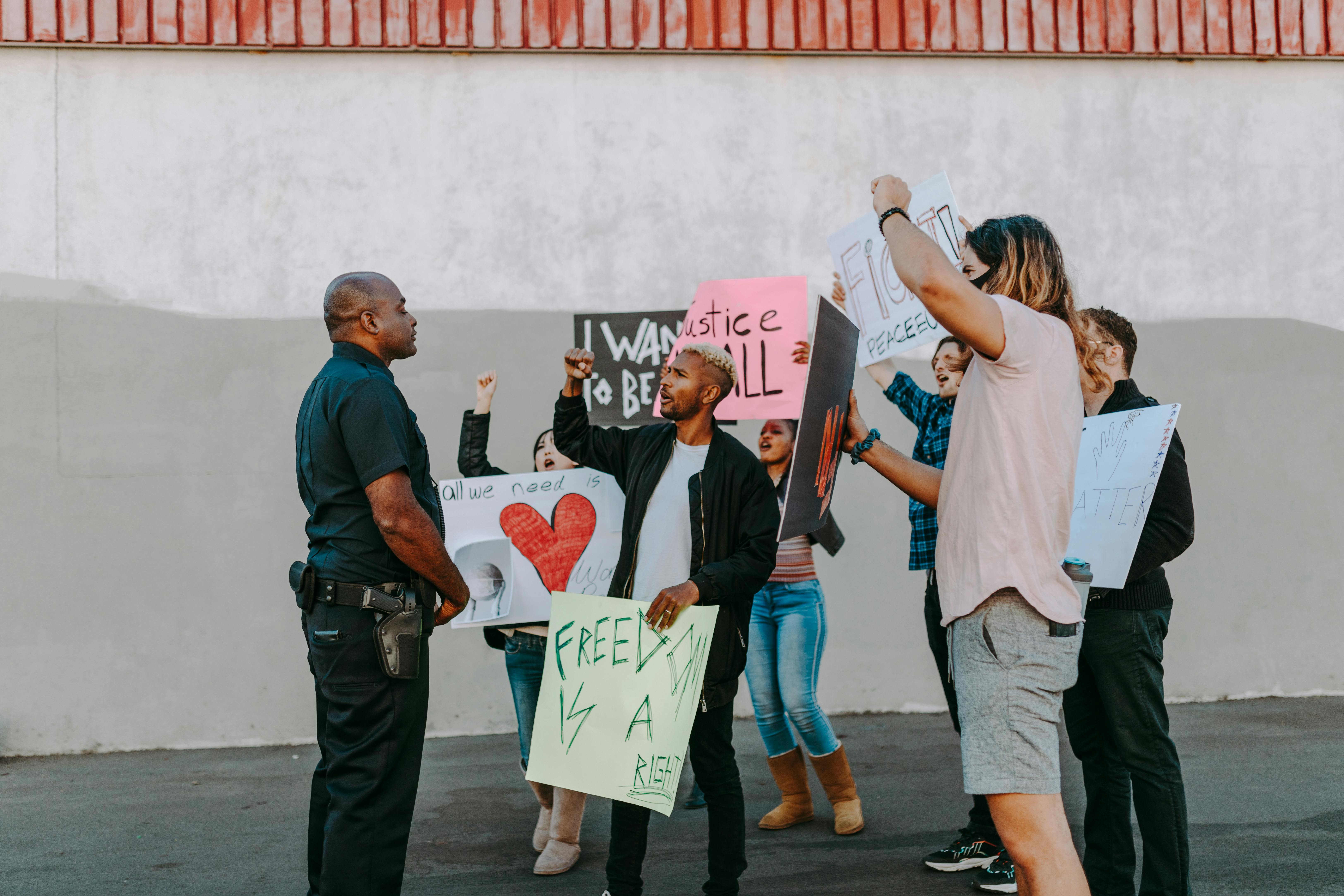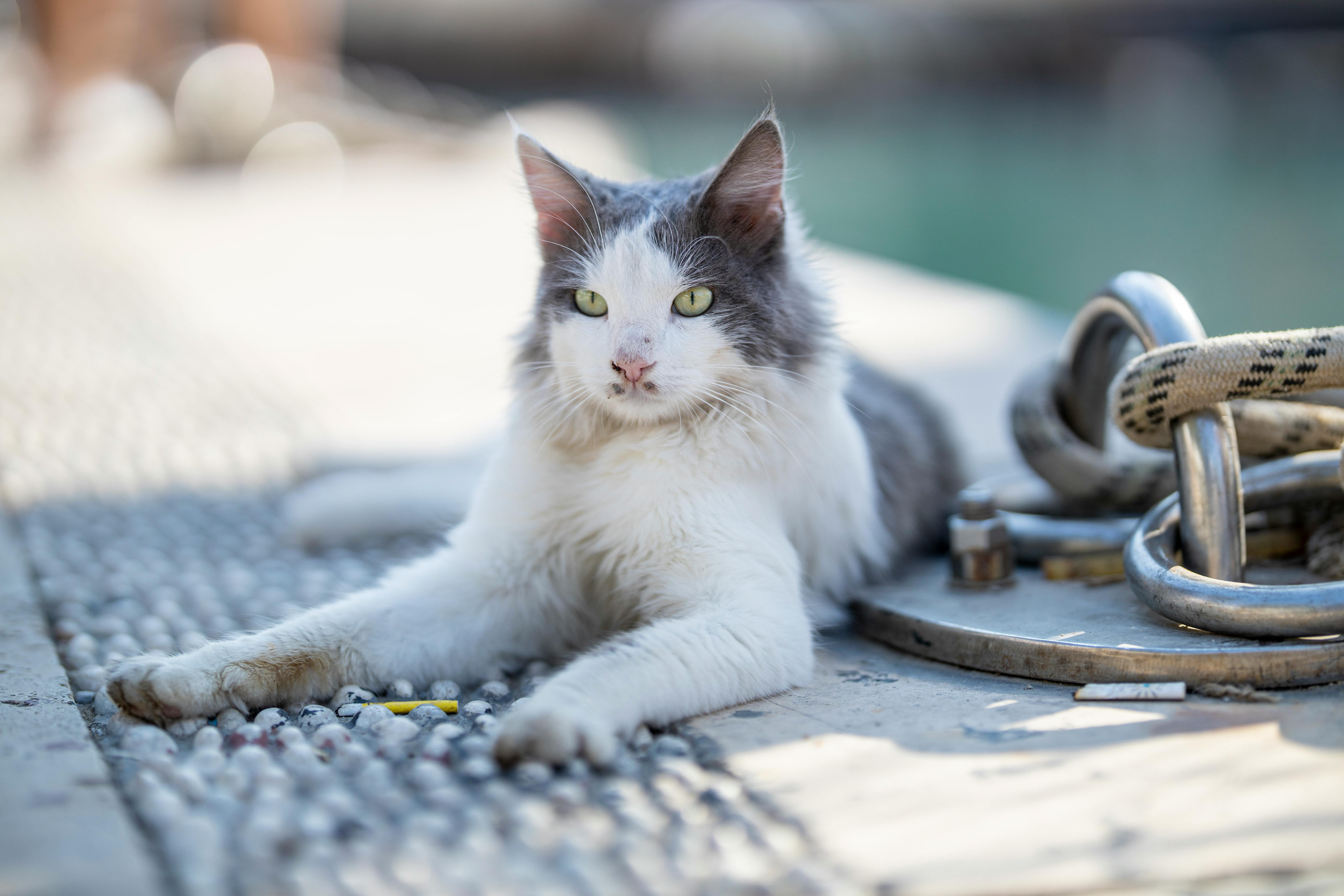
Media Act – Privacy – Elton John – Failed Court Order
admin
- 0
An offer by Sir Elton John to prevent the Daily Mail from publishing a photograph of him walking with his driver from his car to his London home was rejected by the High Court. Had Sir Elton succeeded in obtaining this injunction, he would have completely revolutionized the practice of British newspapers and magazines.
Sir Elton had a freelance photographer take a photo of him as he walked from his Rolls Royce to the front door of his West London home. He later learned that the Daily Mail was planning to publish the image and requested a court order to prevent publication on the grounds that it was an unwarranted violation of his privacy. The picture simply showed him dressed casually, but he complained that it showed his baldness was returning.
In his request, Sir Elton argued that the photo in question, which was surreptitiously acquired, was taken without consent, did not contribute to any matter of public interest and its publication would be a violation of the Press Complaints Commission code. He supported his offer with the decision in the case of the European Court of Human Rights of Von Hannover against Germany. [2004] ECHR, which involved Princess Caroline of Monaco. In this case it was argued that her right to a private family life had been violated by sustained paparazzi photographs of her and her children.
Another case that sheds light on this situation is Campbell v MGN, which involved supermodel Naomi Campbell. The House of Lords awarded the Mirror damages for breach of trust in connection with the posting of photographs of him outside of a Narcotics Anonymous meeting. However, it was emphasized that the photographed activity must be private. With reference to Naomi Campbell, Lady Hale said:
“Obviously, readers will be interested to see what it looks like if and when you go to the store to buy a bottle of milk. There is nothing essentially private about that information nor can it be expected to harm your private life. It may not be. a problem. high order of freedom of expression, but there is nothing that justifies interfering with it. “
The Sir Elton case is the first case in which the inconsistency between Von Hannover v Germany and Campbell v MGN has been highlighted in court. The question in this case was:
Did Sir Elton have a reasonable expectation of privacy with regard to the information in the photographs and, if so, was his right to “respect for your privacy” greater than the “right to freedom of expression”?
Sir Elton’s application for protection was rejected by the High Court because the photograph, which the Daily Mail later published, did not convey any private information that could, for example, put Sir Elton’s health or relationships into question. sexual.
Comment: The court also highlighted the fact that Princess Carolina’s case involved an element of harassment by photographers that caused her suffering while she went about her daily activities. This factor was missing from Sir Elton’s request. This decision by Sir Elton means that when a celebrity’s photograph is taken in a public place, their lack of consent cannot prevent its publication. There would have to be a special element for the court to consider the privacy issue.
Contact us for more information on media law at [email protected]
Visit http://www.rtcoopers.com/practice_mediaentertainment.php
© RT COOPERS, 2006. This Information Note does not provide a comprehensive or complete statement of the law related to the topics discussed, nor does it constitute legal advice. Its aim is only to highlight general issues. Specialized legal advice should always be sought in relation to particular circumstances.

